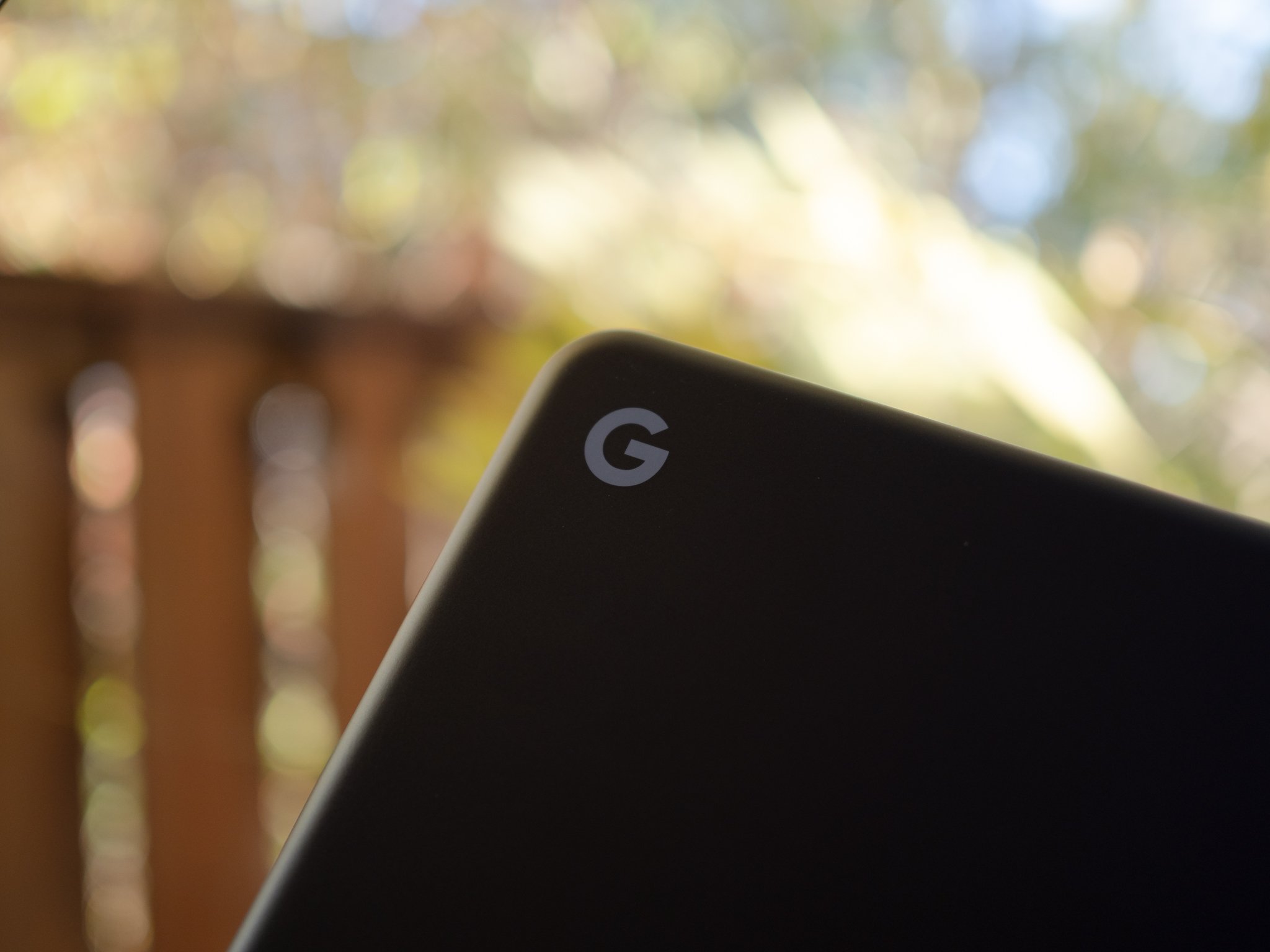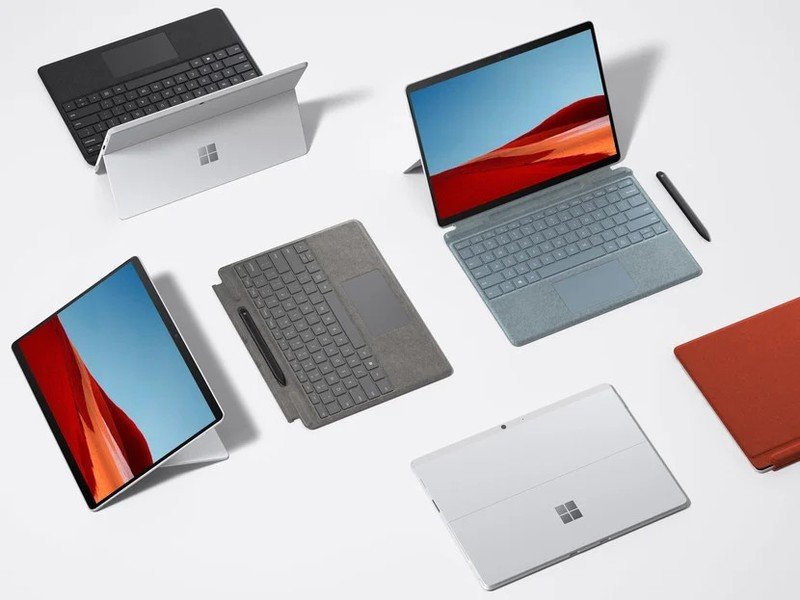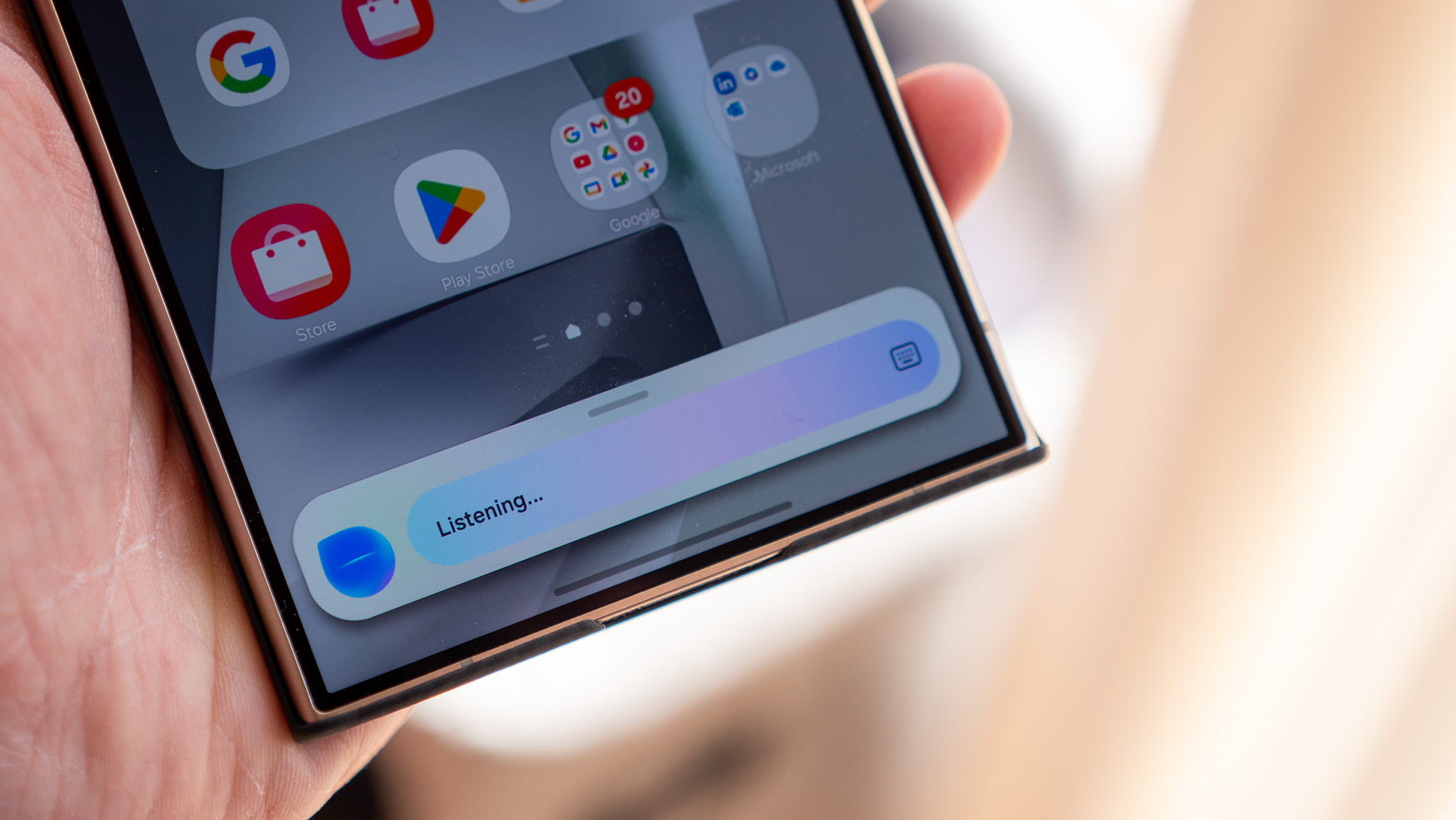There may never be a Chromebook version of the Surface Pro X, and that's by design

Get the latest news from Android Central, your trusted companion in the world of Android
You are now subscribed
Your newsletter sign-up was successful
Last week, Microsoft launched two new products, the Surface Laptop Go that tries to compete with the best Chromebooks on the market, and an updated Surface Pro X, an ARM-based Windows tablet powered by Microsoft's SQ2 platform. If you've been following the trials and tribulations of ARM on Windows, you know that the SQ2 is a customized version of Qualcomm's latest 8cx Gen 2 system-on-a-chip aimed at better competing with Apple's ARM Macs, the first of which is expected to be unveiled next week.
Microsoft has to move slowly while transitioning to ARM because it has millions of legacy customers.
This will be a big deal once it gets fully sorted out, the same way Apple MacBooks running on ARM hardware is going to be a big deal. Both mean a major shift across an entire platform of devices, and that's never easy to do. And while everyone wants to see results, it's understandable that it's a bit slow-going because Microsoft and Apple both have a huge hurdle to overcome: legacy software.
Legacy software isn't a bad thing and having a lot of it in tow is exactly why Microsoft has been so successful. Millions of people turn on a Windows-powered PC every morning and use software built for Windows and need that software to continue to work at least as well as it does today until a better replacement can be offered. This means Microsoft and its partners can't just say forget about it and start building a new platform from the ground up. Instead, it has to support the existing while building the new, and that's just not easy. It also takes the right hardware designed to do a crucial thing that nobody likes and emulates an entire legacy platform's basics.

This idea isn't as crazy as it seems, and you're actually seeing it in action right now. Microsoft is busy emulating the software needed to run older Windows apps while partners work on building out shiny new ARM64 versions of everything to replace it. And Qualcomm's SQ1 and SQ2 platforms are helping it happen.
In a nutshell, Qualcomm's new SQ2 platform is just an overclocked version of the SQ1, which is a tailored version of Qualcomm's standard Snapdragon 8cx platform built with Microsoft in mind. Extras like optimization for Microsoft's secure platform or using Qualcomm's AI to better power Eye Contact are the reasons why companies are moving to ARM in the first place. It's easier to build out hardware with a dedicated feature set instead of spraying at everything like a firehose.
The Surface RT was an idea ahead of its time, and nobody wants a repeat. Qualcomm and Microsoft are doing it right in 2020.
As mentioned, Microsoft has to do it all in a way that doesn't disrupt current customers. It could just try and force it to all happen at once as Apple has done in the past when it last changed processor architectures, or it could try to build out a new platform in parallel with the old like it tried itself with the Surface RT disaster. Still, neither of these makes as much sense as a slow but steady transition that offers plenty of support.
Chromebooks don't have to worry about any of this. Both the Chrome OS and every utility and application running on it works fine with ARM or X86 hardware. Because Chrome uses containers for Android and Linux, there is no functional difference in what processor is being used. While seeing a custom chip designed for a Chromebook could bring some improvements, there's really no need for one because Chrome OS isn't a very demanding bit of code like Windows 10 or macOS can be. This allows Chromebooks and Chromeboxes to be relatively cheap, because they stay performant even on cheaper Intel and ARM-based processors. It's one of the main reasons the best Chromebooks for students are all under $500.
Get the latest news from Android Central, your trusted companion in the world of Android
One day in the not so distant future we'll see silicon that's customized for Chromebooks, which should enable some interesting use cases on Google's homegrown OS — and potentially turn Android and Linux apps into a first-class experience. But for right now, let's get it done right for Windows first and make the transition to an always-on, always-connected platform with all-day battery life happen the right way.

Jerry is an amateur woodworker and struggling shade tree mechanic. There's nothing he can't take apart, but many things he can't reassemble. You'll find him writing and speaking his loud opinion on Android Central and occasionally on Threads.

